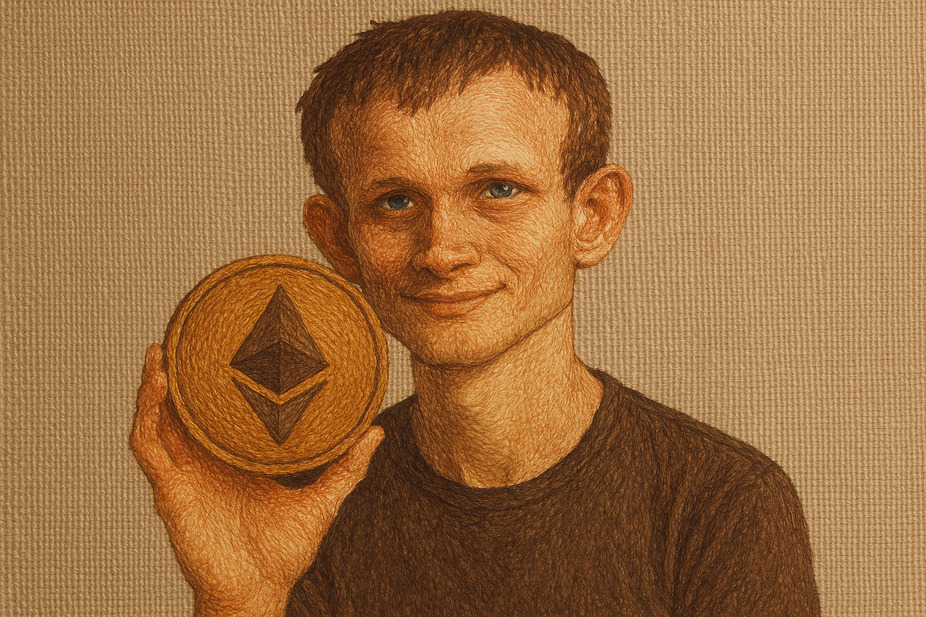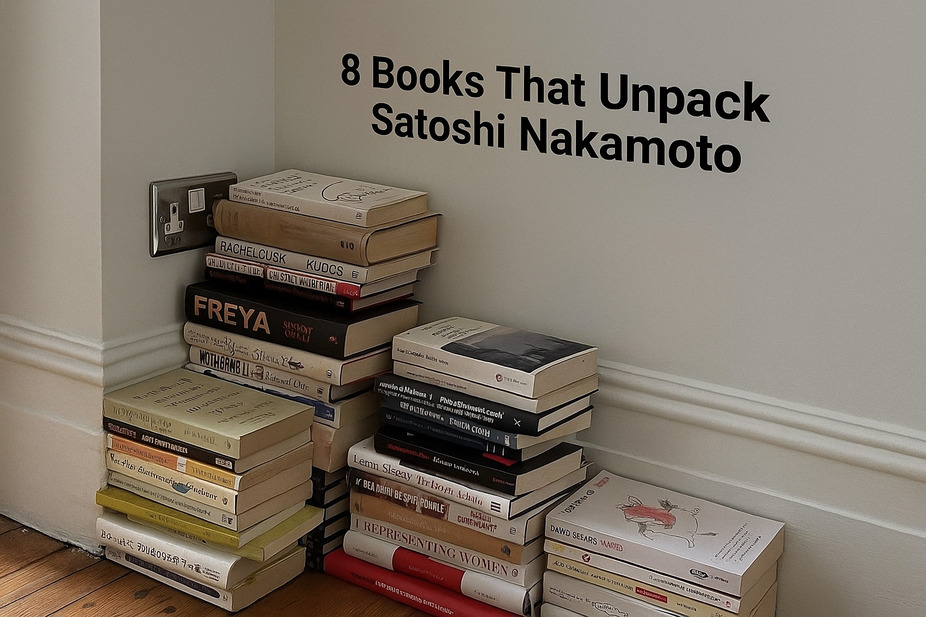Tezos
Download Ironwallet app and get tool for making transaction without network fee
About Tezos
Tezos is a blockchain network and cryptocurrency that was launched in 2018. The goal of Tezos is to provide a platform for decentralized applications and smart contracts that can evolve over time without the need for a hard fork. Tezos aims to offer infrastructure that is more advanced than other blockchains and also more secure and upgradable.
History of Tezos (XTZ)
Tezos was co-founded by Arthur Breitman and Kathleen Breitman in 2014. Arthur Breitman had previously worked at large financial institutions like Goldman Sachs and Morgan Stanley, which gave him expertise in financial technology. After learning about Bitcoin and other cryptocurrencies, Arthur wanted to create a new blockchain with more advanced features and governance.
Kathleen Breitman was also very knowledgeable about cryptocurrencies and blockchains. Together, they published a whitepaper in 2014 outlining the vision for Tezos. After initial seed funding, they launched a record-breaking ICO in July 2017, raising $232 million to fund the launch and development of the Tezos network.
What Makes Tezos Unique?
Tezos establishes a unique space for itself in the global blockchain community with its focus on “self-amending cryptocurrency”, which means the platform has the built-in ability to apply upgrades without needing to fork. This design is a departure from the normal practices seen in other blockchain systems. As a result, the Tezos ecosystem is seen as more democratic and decentralized, as protocol changes are determined by stakeholder consensus instead of a select group of developers.
Additionally, with a formal verification method, Tezos adds a degree of mathematical certainty to the accuracy of smart contracts which is highly attractive to professionals in fields with no room for error. This blend of self-amendment, stakeholder input, and formal verification is a compelling combination, contributing to the uniqueness of Tezos. It serves as a novel approach to manage and mitigate the otherwise rigid and often confrontational aspects of blockchain governance. In this way, Tezos is reshaping the norms of blockchain innovations, setting new standards in the process while championing adaptability and mathematical precision as driving factors. It stands as an intriguing example of the evolution of the cryptocurrency domain.
How to Buy Tezos
Purchasing Tezos is a straight-forward process, similar to that of other cryptocurrencies. Like the purchase of any digital asset, it requires a reliable cryptocurrency exchange, and for Tezos, multiple platforms offer the asset to their users. Firstly, an individual needs to identify and register with a credible cryptocurrency exchange that lists Tezos (XTZ). The selection of the exchange depends largely on factors such as security, transaction fees, user interface, and customer service.
Once the registration is completed, a digital wallet to store the Tezos tokens is essential. Numerous secure, user-friendly digital wallets are available today that are compatible with XTZ. Funding the account on the exchange is the next step, this can be done through various means such as bank transfers, credit cards, or even other cryptocurrencies. After the account is successfully funded, one can use this to buy Tezos on the exchange. It is always advisable to conduct thorough research and consider expert opinions before making any investment decisions in the volatile cryptocurrency market. Always reiterate the importance of security in every step of purchasing and storing digital assets.
Where Can You Buy Tezos?
Choosing where to buy Tezos (XTZ) can seem daunting, given the plethora of digital currency platforms. However, certain reputable exchange platforms provide an intuitive and secure environment for embarking on a Tezos investment journey. Binance, Coinbase and Kraken, among others, are popular choices due to their user-friendly interface and strong security measures. Each platform has unique features that cater to different customer needs, whether a novice or an experienced trader. Some platforms offer comprehensive market data and advanced trading services while others keep it simple and straightforward. It’s key to diligently research and compare these platforms to understand compatibility with investment goals.
Additionally, it is also important to consider the transaction fees and withdrawal limitations imposed by these platforms. Protecting digital assets is crucial, and so, choosing a platform that prioritizes security over convenience is always a more prudent course. Make sure to read about the platform’s security protocols and customer reviews before making a decision. Finally, ensure that your preferred payment method is accepted. Different exchanges support varying payment methods like debit/credit cards, wire transfers, or even other cryptocurrencies. Tezos promises innovation and growth, making it a prospect worth considering seriously in the realm of digital currencies.
Is Tezos a Good Investment?
Tezos is unique in many ways, setting a new standard in the blockchain industry. Its on-chain governance protocol, for one, ensures that each stakeholder has proportionate voting rights, making XTZ a truly democratic crypto platform. Thanks to this mechanism, adaptation and evolution are part of Tezos’s core DNA. This feature commercially tables Tezos above other cryptocurrencies, as it alleviates the risk of forks and enhances the long term stability of the platform. Moreover, with smart contract functionality and secure framework, Tezos offers an efficiency that’s appealing to financial institutions and dApp developers alike.
As for its investment potential, the guiding factors often reside behind the technology, the management, and the market acceptance. Tezos appears to check all these boxes. The increasing adoption of XTZ by major financial institutions speaks volumes about its future potential. However, as with any investment, caution should be exercised, and an individual should only invest as much as they can afford to lose. The investment in Tezos, like any other digital asset, contains risks including a total loss of capital.

























